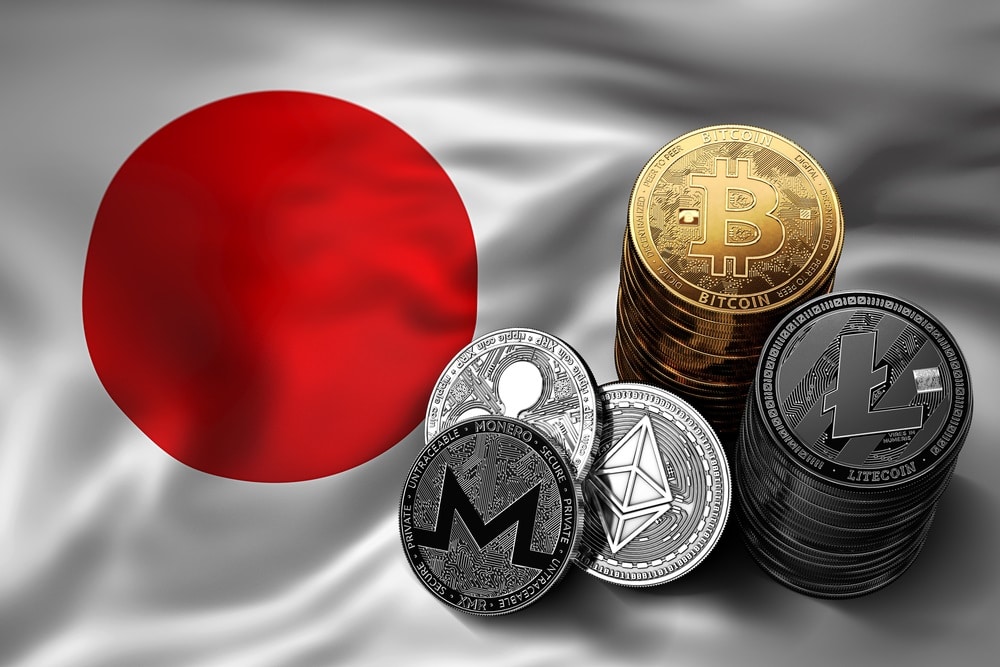Japan Financial Services Agency, under Commissioner Hideki Ito, is cautious about Bitcoin ETFs due to long-term value and investor protection concerns.

The United States, Hong Kong, and the United Kingdom have all approved Bitcoin ETFs, but Japan’s top finance regulator has expressed skepticism about following their example.
This indicates Japan’s cautious approach to harmonizing investor protection with financial innovation.
FSA Commissioner’s Cautious Approach on Bitcoin ETF Approval
According to a Bloomberg report, Hideki Ito has indicated that the country will take a cautious approach to approving Bitcoin ETFs.
Ito, the Commissioner of the Financial Services Agency (FSA), underscored the need to reevaluate the situation before following in the footsteps of countries such as the United States, Hong Kong, Australia, and the United Kingdom, which have recently authorized such investment products.
There are concerns regarding the long-term value of cryptocurrencies for Japanese investors, which is the basis of Ito’s stance.
He observed that many people believe that crypto assets “do not necessarily contribute to the wealth creation of the Japanese people in a stable and long-term manner.”
This viewpoint comes at a time when other countries are becoming more open to Bitcoin ETFs, with the US Securities and Exchange Commission cautiously approving the first spot Bitcoin ETF in January 2024.
Ito emphasized that certain countries maintain a more conservative approach to crypto investments for retail investors despite the global trend toward acceptance.
Given the recent volatility in the crypto market, specifically the substantial price drops of Bitcoin and Ether in recent days, this cautious outlook is particularly relevant.
The FSA, under the leadership of Ito, endeavors to achieve a balance between investor protection and innovation.
The agency is meticulously evaluating possible implications of promoting widespread public investment in crypto assets while maintaining a pro-technology stance.
This approach is consistent with the FSA’s broader efforts to mobilize household assets for sustainable economic growth and to guarantee that investment products are appropriate for investors based on their knowledge and experience.
Their crypto industry has encountered numerous obstacles, such as significant hacks at exchanges such as Mt. Gox and DMM Bitcoin.
These incidents, which likely contribute to the regulator’s cautious approach, serve as a reminder of the potential risks in the crypto space.
Bank of Japan’s Monetary Policy and Market Reactions
On Wednesday, the BOJ’s deputy governor, Shinichi Uchida, clarified that the central bank will not raise interest rates amid uncertain market conditions.
This statement directly opposes the hawkish remarks made by Central Bank Governor Kazuo Ueda last week, underlining the intricate monetary landscape of the nation.
The Nikkei Index experienced a 5% increase on Wednesday due to Uchida’s comments, which had an immediate impact on financial markets.
The positive effects of this announcement were also observed across crypto and stock markets, with Ethereum reportedly well-positioned for a potential significant recovery.
These market reactions demonstrate the interconnectedness of traditional finance and the crypto sector, with the sensitivity of both regulatory and monetary policy signals.
